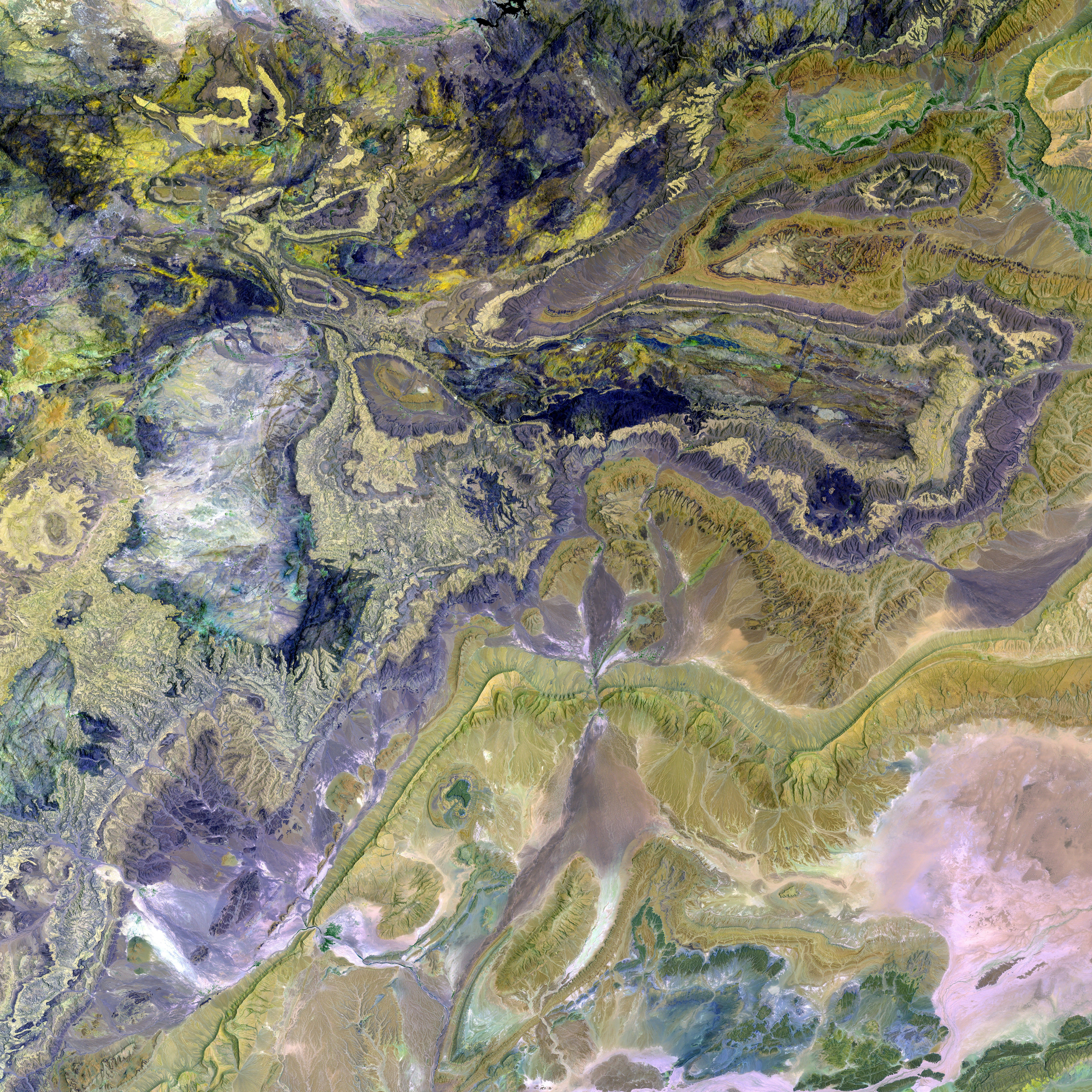Trump's Tariffs Face Legal Challenges as Court Overtturns Decision
Trump alleges trade judges as secretive and corrupt figures
The United States Court of International Trade (CIT) has invalidated several tariffs imposed by President Donald Trump on US trading partners, ruling that the president exceeded his authority in invoking a 1977 emergency law. This decision comes as the ongoing dispute over trade policies continues to stir controversy.
In his reaction, President Trump has labeled the ruling as "terrible" and "so political," demanding a quick and decisive overturn by the Supreme Court. He referred to the judges at the CIT as "backroom crooks" and expressed his belief that they should not be allowed to undermine the nation.
The contested tariffs were implemented recently by Trump, who reduced surcharges to a minimum of 10% for 90 days to facilitate negotiations. These tariffs affected several US trading partners, including Canada, Mexico, and China, who were deemed responsible for drug imports, particularly fentanyl.
Despite this ruling, tariffs of 25% on cars, as well as steel and aluminum products, remain in effect. Negotiations are still underway regarding the proposed tariffs of 50% on goods imported from the European Union.
The decision against the tariffs was met with a lawsuit by five smaller US companies that import a range of products, including wine, bicycles, and electronics kits. They argue that the tariffs threaten their existence. Twelve US states have also initiated legal action against Trump for allegedly violating the constitution.
The CIT plays a pivotal role in evaluating the legality of tariffs imposed by the executive branch. As part of its function, it verifies whether the president's actions in imposing tariffs are lawful and within the delegated authority. In May 2025, the CIT ruled that tariffs imposed by President Trump under the International Emergency Economic Powers Act (IEEPA) were illegal, exceeding the president's constitutional authority. This decision was temporarily stayed by an appeals court pending further review.
In the United States, the primary authority for trade policy lies with Congress, as permitted by the Constitution. While the president plays a significant role in enforcing and negotiating trade agreements, Congress maintains its role as the primary legislative body responsible for trade policy. The president can impose tariffs under certain circumstances, such as national emergencies or after a Commerce Department investigation, as was the case with steel and aluminum tariffs.
- The ongoing legal challenge against Trump's tariffs extends to the employment sector, as the ruling poses implications for the community policy and employment policy within businesses and policy-and-legislation.
- The controversy over trade policies, triggered by Trump's tariffs, extends beyond the realm of politics and general news, impacting various sectors including finance.
- The recent decision by the United States Court of International Trade to invalidate certain tariffs has triggered legal actions from general businesses, such as five smaller US companies that import products, as well as twelve US states, alleging violation of the constitution.







